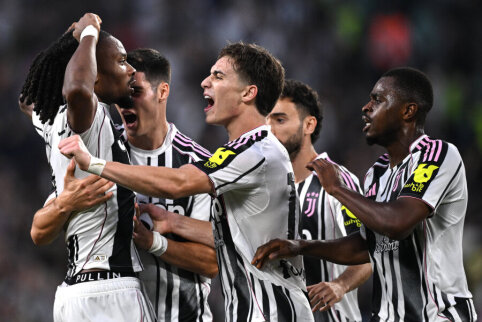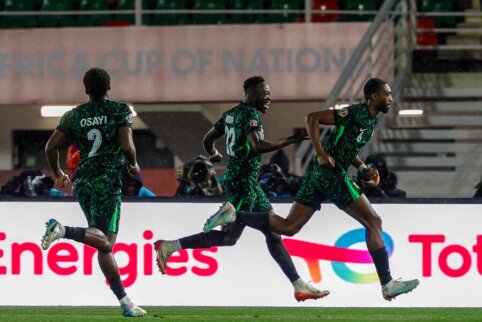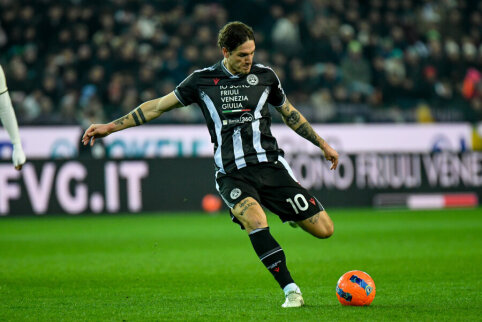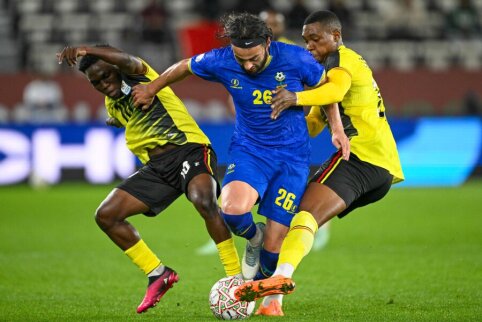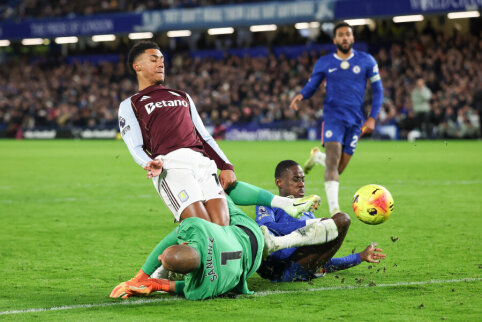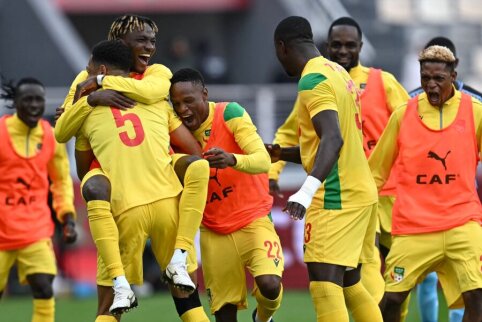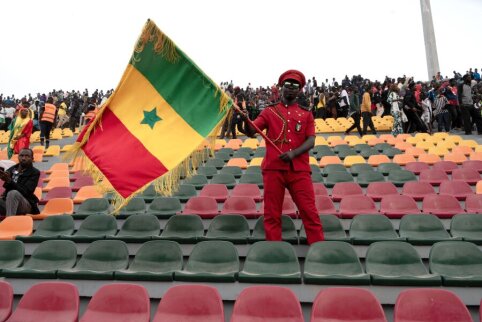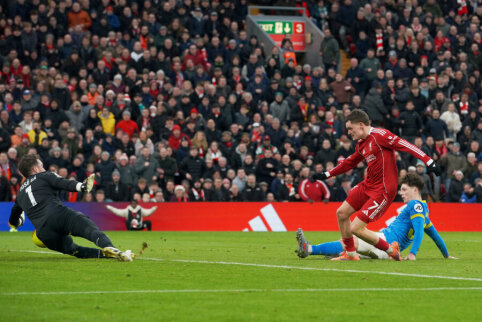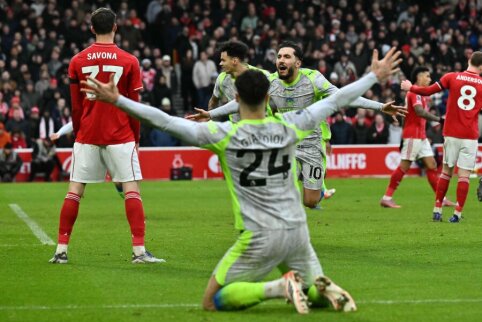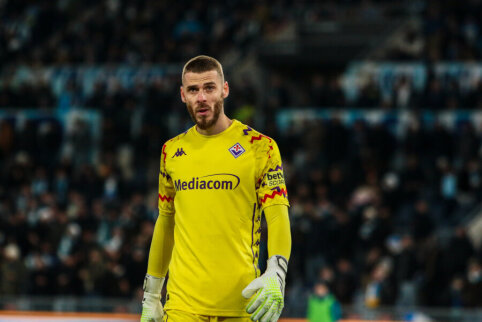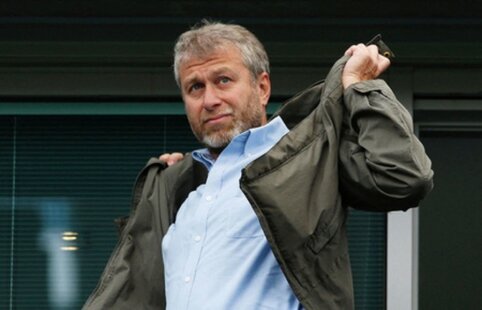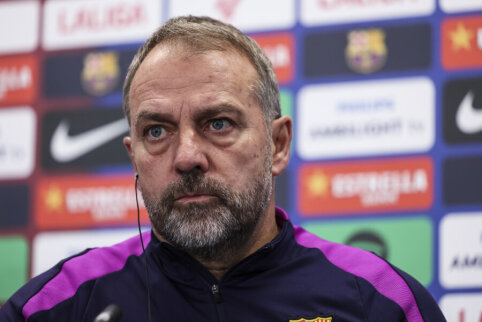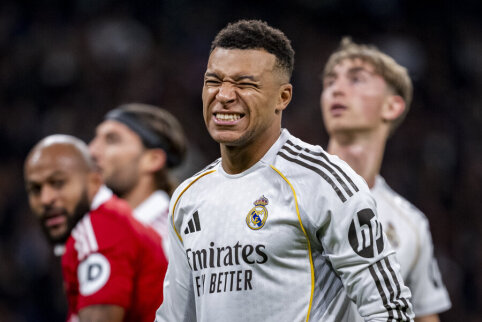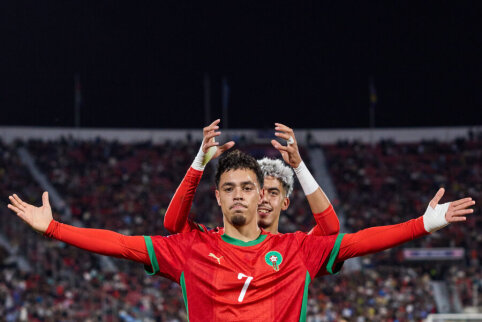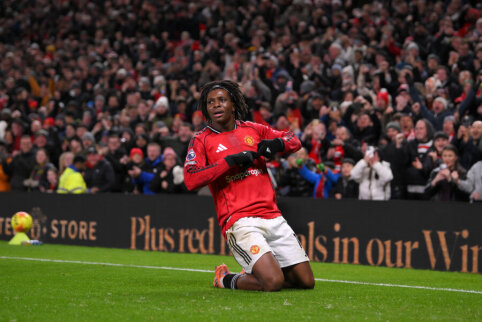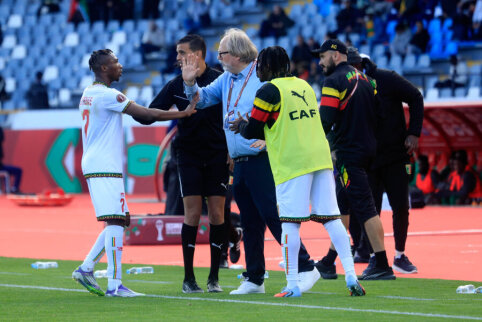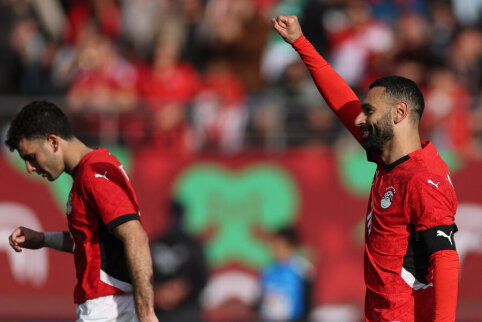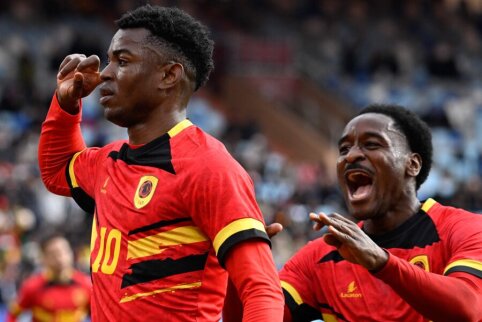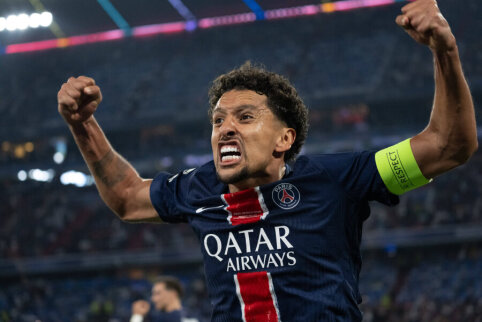 © EuroFootball.com
© EuroFootball.com
Millions of football fans will soon enjoy a gourmet spectacle - in 18 days, the powers of Madrid will test each other four times.
However, for Spanish football history, this is not new. Two giants of the country faced each other four times in a row 95 years ago - in the 1915-1916 season.
Even though the game itself was quite primitive at that time, and the rules were almost nonexistent, the matches were full of passion, amazing decisions, and surprises.
So, in the 1915-1916 season, "Barcelona" earned the right to play for the Spanish Cup by winning all the Catalonia tournament matches, while the legendary Santiago Bernabeu-led Madrid "Real" triumphed in the Central Championship that existed at the time. Both clubs immediately reached the semi-finals of the Spanish Cup, where they tested each other's strength in two matches.
The first match took place on March 26, 1916, at the "Carrer Muntaner" stadium, which was then owned by the "Espanyol" club. The Catalans celebrated victory with a score of 2-1, and the goals were scored by Vicenzo Martinez and Paulino Alcantara.
Interesting fact: in this match, "Barcos" player Francisco Baonza got injured, but he stayed on the field because the rules at the time did not allow for substitutions.
The return match on April 2 took place at the "O'Donnell" stadium, which belonged to Madrid "Atletico". Curiously, the Catalans had to start the match with only 9 players due to a train delay that caused Santiago Massana and Vinyals to arrive late. However, this did not stop "Barca" from taking the lead - the first goal of the match was scored by V. Martinez. The hosts were not willing to give up: Madrid "Real" star S. Bernabeu scored three times past "Barcos" goalkeeper Francesc Bru, with Jean Petitas adding another - 1-4.
Meanwhile, the goal difference did not matter, and a third meeting of the two teams was needed, which took place on April 13 at the same "O'Donnell" stadium in Madrid. This time, the match was officiated by former Madrid "Real" player and then referee Jose Angel Berraondo.
The spectators gathered at the stadium witnessed an intense match. After the first half, the score was 2-2, after 90 minutes - 4-4, and after extra time - 6-6. During the match, three penalties were awarded to "Barcos," but S. Bernabeu could only convert one penalty kick. One shot from the "Real" legend at the "Barcelona" goal was saved by F. Bru... with his head!
The fourth match between "Barcos" and "Real" on April 15 again took place at the "O'Donnell" stadium. This time, the crucial role on the field was played by referee J. A. Berraondo. V. Martinez scored the first goal for "Barca," but soon S. Bernabeu leveled the score. Although the "Real" leader was clearly offside, the referee allowed the goal. Before the break, V. Martinez scored a second goal for the Catalonia team. "Barcelona" could have increased the lead further, but J. A. Berraondo did not count P. Alcantara's shot. Despite there being no offside... 85 minutes in, "Real" equalized - 2-2. Then, in the final moments of the match, "Real" were awarded a penalty kick, which F. Bru saved to the disappointment of the "Real" players and fans.
During extra time, J. A. Berraondo continued his "show." "Real" player Soteras Aranguren scored a goal from an offside position, but the referee counted it. Shortly after, the same player scored again, while one of his teammates was holding onto F. Bru from behind.
In the 108th minute, the patience of "Barcelona" players ran out, and team captain Santiago Massana led his teammates off the field. The Catalonia club refused to continue the match, and the victory was awarded to Madrid "Real."
The Spanish capital team fought in the final for the Spanish Cup on May 7, 1916, against Bilbao "Athletic."
The match took place at the "Camp de la Industria" stadium in Barcelona, filled with 6 thousand Catalans. The "Real" players, booed and completely demoralized by the crowd, were crushed 0-4, and the Spanish Cup was awarded to the Basques. By the way, the referee for this match was none other than "Barcelona" goalkeeper F. Bru, who later began a refereeing career.
